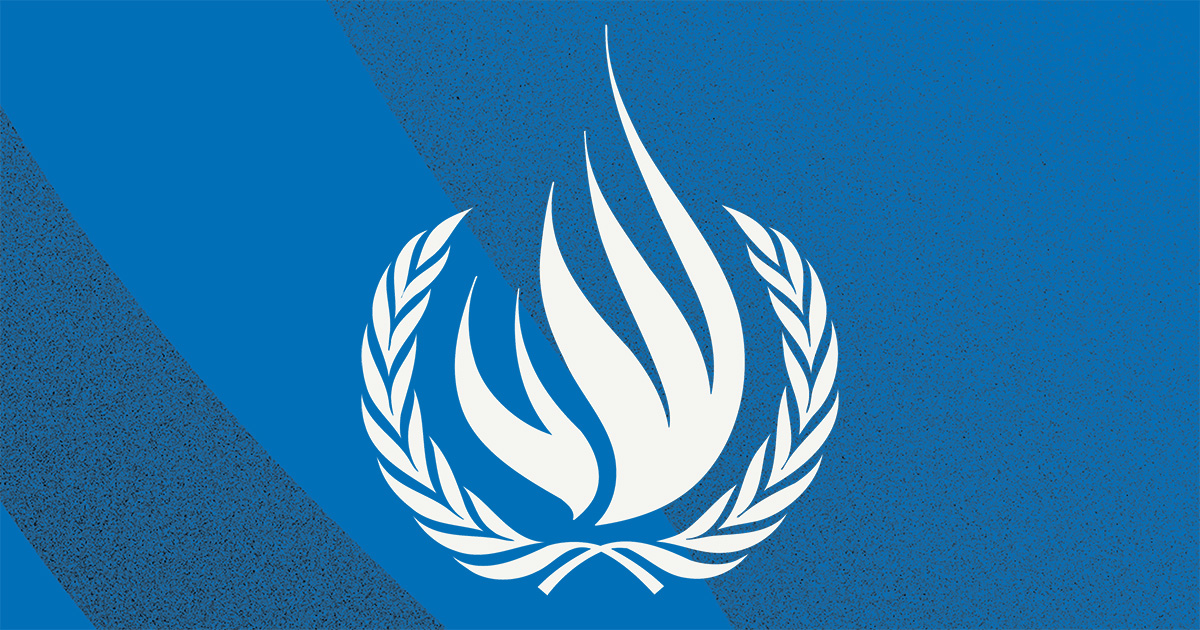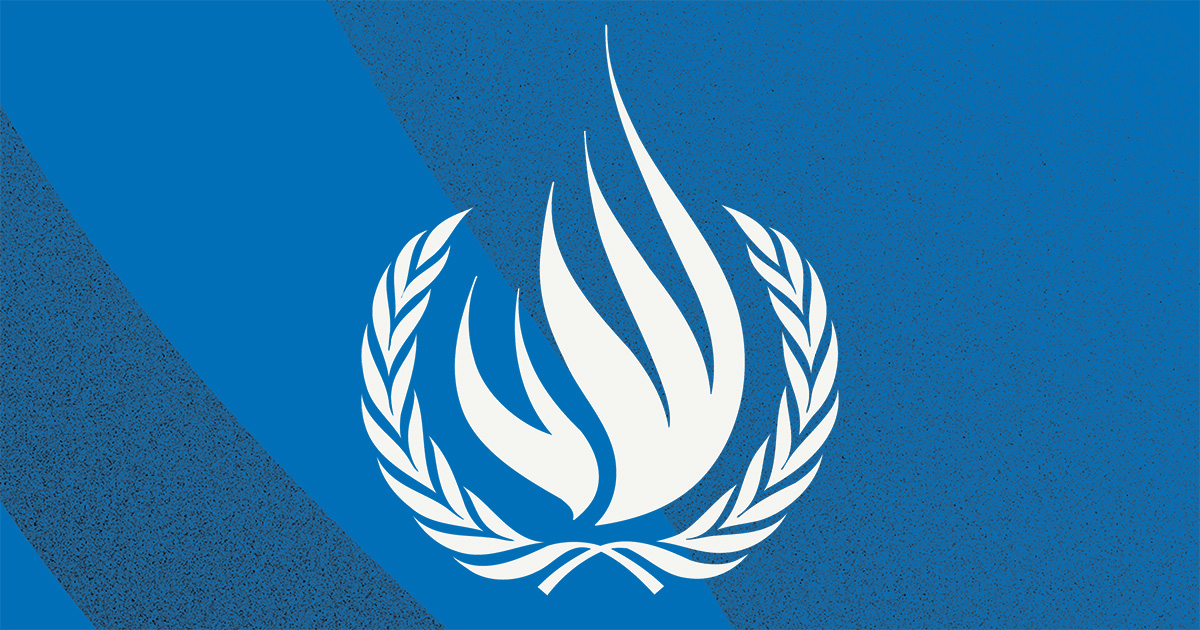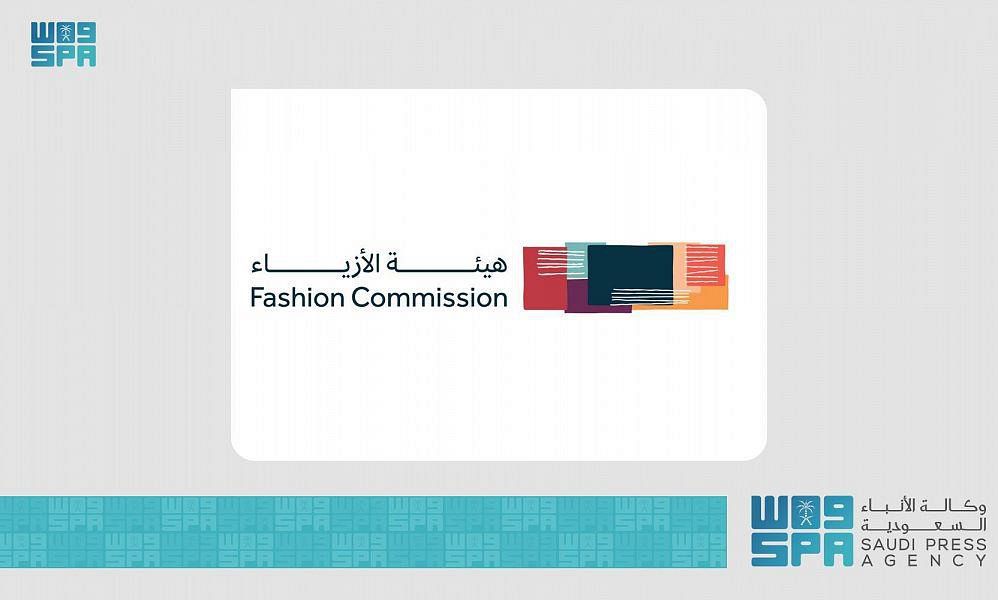
DELIVERED BY
Assistant Secretary-General for Human Rights, Ilze Brands Kehris
LOCATION
New York, UNICEF House
Excellencies,
Distinguished colleagues and friends,
It is a great pleasure to be here with you today during the High-level Political Forum to launch the 2nd Global Report on Peaceful, Just, and Strong Institutions.
I extend my gratitude to our co-hosts – the Permanent Missions of Norway, Romania and Sierra Leone to the United Nations, UNDP, UNODC, and to all our partners for their unwavering commitment to SDG 16.
The integration of human rights into decision-making processes is not just beneficial — it is essential for achieving SDG 16 and the broader 2030 Agenda.
Only by fully integrating human rights principles of non-discrimination, participation and accountability can we hope to succeed in achieving the SDGs. When States embrace decision-making processes that respect human rights, they are better equipped to fulfil not only SDG 16 but the entire 2030 Agenda.
As we have heard from the USG Xu, many civil society actors - who brings the voice of all the people, including the most marginalized ones- face barriers to inclusion in policy making and decision making. Human rights activists and defenders are often at risk. What we need is the exact opposite. What we need it governance institutions that are people-centred and accountable, that integrate and lift up minority and marginalized voices in the 2030 Agenda.
The "whole of society" approach of the SDGs recognises that broad engagement from all sectors leads to enhanced societal resilience, ensuring that truly no one is left behind.
To achieve this, my Office advocates for the emphasizes the systematic inclusion of different demographic groups in data production processes. Data must capture the situation of the most disadvantaged in order to effectively detect multiple and intersecting forms of discrimination.
High-quality, timely, and granular data that adhere to both human rights and statistical standards is essential for the necessary analysis that we need in order to craft of informed policies, to empower individuals, and to advance human rights globally.
National Human Rights Institutions can play a vital role in this process, promoting human rights standards, facilitating inclusive data collection, and building trust, so much needed between governments and the public.
Our leadership in global human rights statistics, recognised by the Statistical Commission, has significantly enhanced the visibility of human rights within the broader statistical community, and our guidance through the Human Rights-Based Approach to Data is recognized as a key tool available to UN member states and beyond. NHRIs and National Statistical Offices in 14 countries have committed to working with one another to implement the Human Rights Based Approach to Data, and that has led to tangible results.
For example, in Kenya, the collaboration between the NHRI and the National Statistical Office, supported by the UN Human Rights Office, identified groups at risk of being left behind, including persons with albinism, who were then included for the first time in the latest census. The data collected in the census has enabled access to life-saving medical treatment and better policy planning to protect those individuals.
As we look ahead, the road is both promising and challenging. Developing disaggregated data by all prohibited grounds of discrimination, combined with both quantitative and qualitative analysis, enables the government to identify those who are being left behind and the furthest left behind. Disaggregation ensures that the invisible groups are rendered visible, thus facilitating the development of policies and practices to more effectively address their needs.
Additional capacities, new partnerships, innovative methods, and multiple and diverse data sources, including “nontraditional” ones — private, citizen-generated, geospatial, big data, and administrative — will be essential to enhance the depth and breadth of statistical outputs.
To enhance our impact, we call on Member States with the support of the UN system to forge new alliances with NHRIs, civil society, academia, and the private sector to foster a more inclusive and participatory approach to data collection and analysis, ensuring statistics reflect the diverse and complex realities of human experiences. These partnerships are key to ensuring every individual, especially those most marginalized, is counted and accounted for. They are also key to advance SDG 16 and to pave the way for achieving all the SDGs.
I thank you







